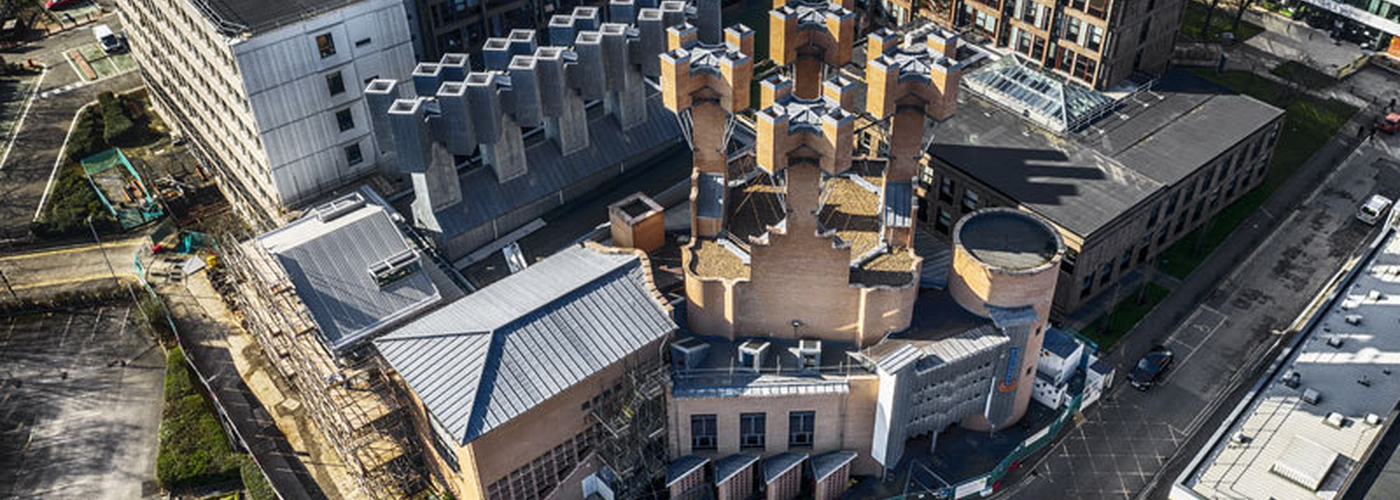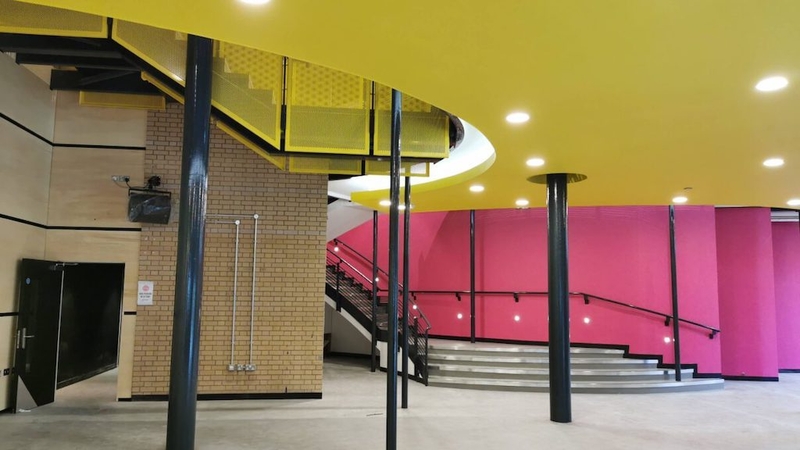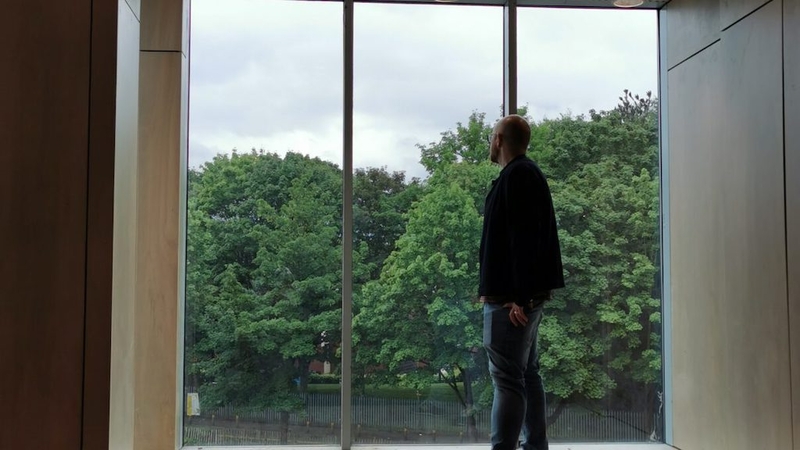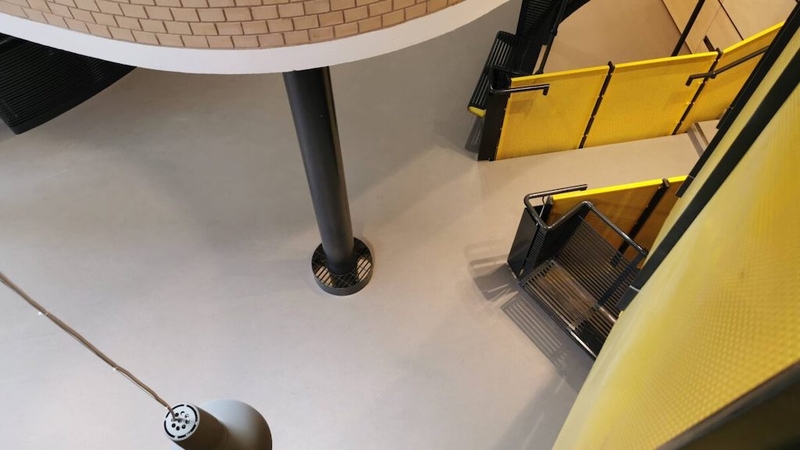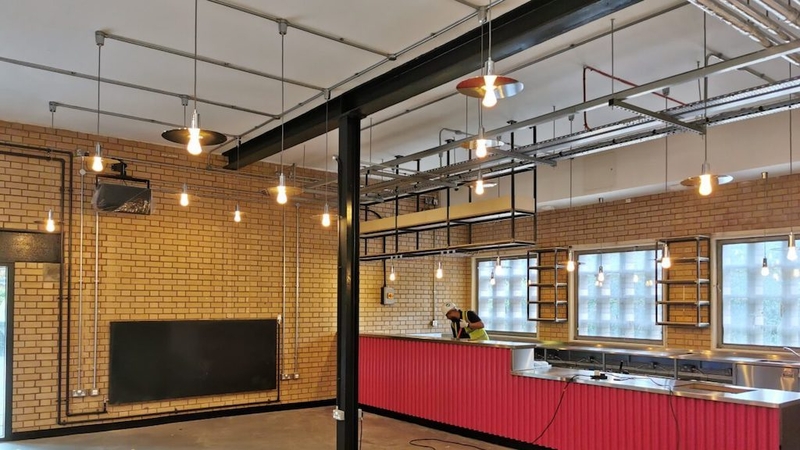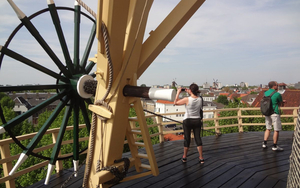As performing arts continues to struggle, some good news at last…
Craving some performing arts news that isn’t tempered by coronavirus gloom? We are too, which is why the news of Contact’s reopening - following its £6.75 million transformation project - is particularly thrilling. Due to ongoing restrictions, full-capacity shows aren’t on the cards yet (more on that below) but the theatre will reopen in September 2020 for socially distant participation and creative activities, with performances scheduled to start in 2021.
Contact Theatre has become an iconic Oxford Road institution, renowned for the diversity of its shows and its work with young people. In December 2017, the trailblazing charity arts venue closed for a major redevelopment that would see it transformed for the next generation of audiences, artists and young people. Meanwhile, its creative team hosted performances across the city: from the Palace Theatre to the Museum of Science and Industry and even a sari shop on the Curry Mile.
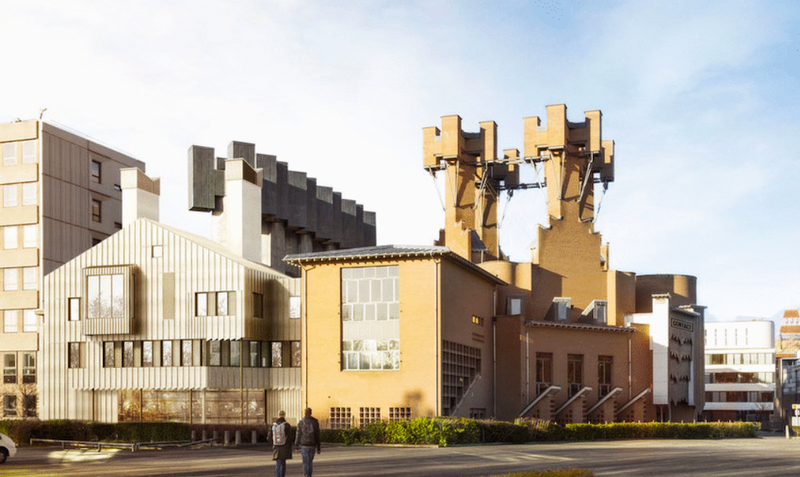
Designed with the help of Con:Struct, a dedicated team of young people, the building transformation was overseen by award-winning architects and sustainable design specialists Sheppard Robson. New features include a dedicated arts and health space, the first of its kind in any UK theatre; a purpose-built recording studio; a dedicated rehearsal studio for young performers; refurbished performance spaces; and offices for artists and cultural organisations to hire.
The redevelopment was funded thanks to a £3.85million investment from Arts Council England plus generous grants and help-in-kind from other supporters, trusts and foundations; as well as a fundraising campaign. Construction work was carried out by F Parkinson Ltd, with project management from Mace.
Judging by the pictures, it’s looking tip-top…
REOPENING PERFORMING ARTS - THE STORY SO FAR
Contact’s is unfortunately a uniquely happy case. With live indoor performance still not permitted at normal capacity, most performance venues - including theatre, comedy and music - remain closed as they continue to endure what has been an agonising few months. Here's the reopening story so far...
5th July: Without any reopening dates to work towards, and little financial support, the industry was on the brink of collapse until the government finally stepped in by announcing a £1.57 billion rescue fund.
7th July: Two days later saw venues across the North - including performance venues like the Royal Exchange, Lowry, Met, Oldham Coliseum, HOME and Band on the Wall - offered £9 million in total from Fund 3 (NPOs) of the £160 million Arts Council England (ACE) emergency package announced in March. While concerns remain for the sector, both funds have been a vital short-term helping hand. ACE is continuing to offer support; joining packages, grants, commissions and schemes from a range of bodies…but will it be enough?
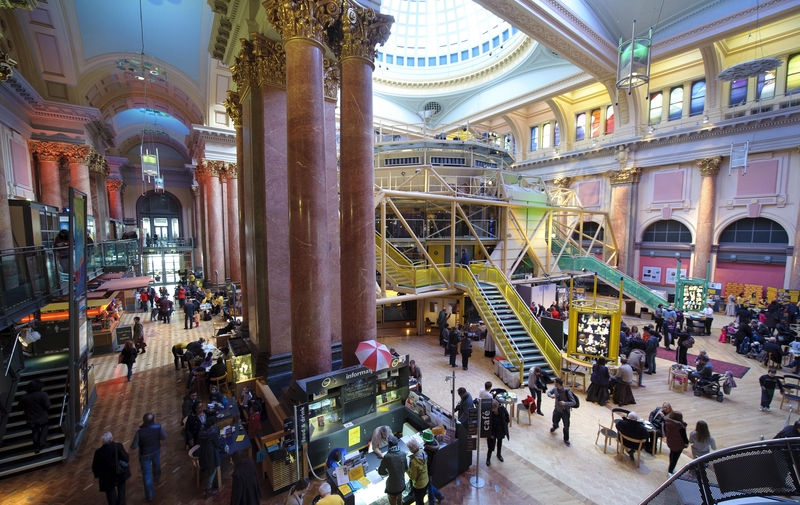
9th July: It was announced that outdoor events could go ahead (subject to social distancing) as part of a wave of relaunches also including health and beauty venues from Saturday 11th July. Alongside festivals and some sports, these comprised theatre shows and concerts. Culture secretary Oliver Dowden also revealed that a number of indoor performances would be piloted to help plan how and when performance venues could reopen, heralding stage three of the government's five-stage roadmap for relaunching the live entertainment industry.
16th July: Operator Mission Mars revealed it would be closing two beloved Manchester music institutions, Deaf Institute and Gorilla, due to the crippling effects of coronavirus (fortunately both have since been purchased by Tokyo Industries, owner of venues including Impossible and Factory, who confirmed they'll be run 'in much the same way' once restrictions are lifted). On 18th July, meanwhile, Band on the Wall revealed it would be making 26 staff redundant and closing for its planned renovation earlier than originally intended, reopening in September 2021; the venue had partially reopened in a food and drink capacity but found that trading without live music was unsustainable.
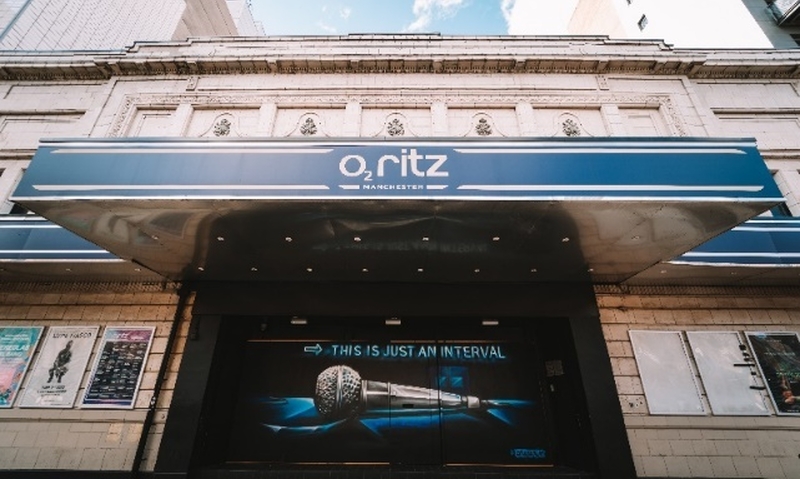
17th July: Dowden and PM Boris Johnson said that indoor performances with socially distanced audiences can take place from 1st August - along with the reopening of most remaining leisure settings (including bowling, skating rinks and casinos) plus all close-contact services such as beauticians.
For performing arts, this marks stage four of the aforementioned roadmap (full statement here). However, the Theatres Trust say that 'for most theatres it will not be economically viable to reopen with 30-40% audience required under social distancing. We now need to progress as quickly as possible to an announcement on the all-important stage 5, allowing theatres to reopen fully with the appropriate safety measures' - a sentiment echoed by the Music Venue Trust.
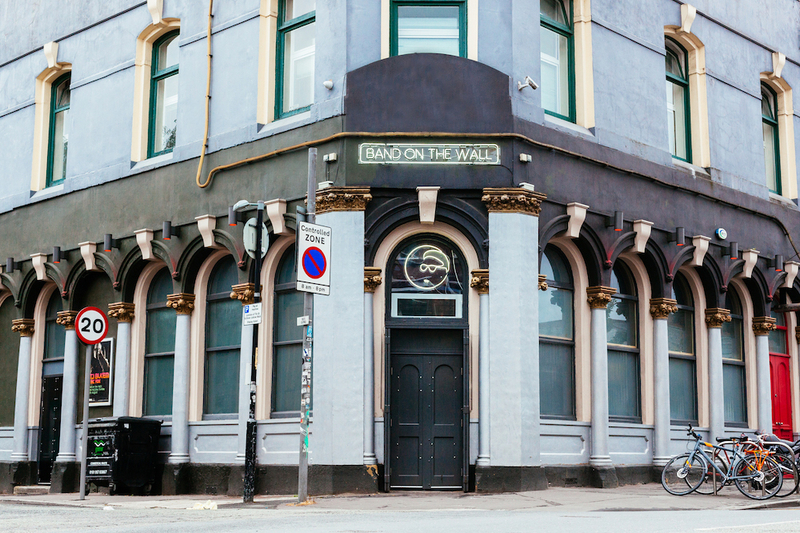
Temporary solutions have included shows that combine both physical and online audiences, pay-per-view streamings and drive-ins such as Drive Inside. However, none are a substitute for full-capacity performances, which is why Melvin Benn, managing director of Festival Republic, has proposed a full-capacity plan in which every attendee is required to test negative for coronavirus beforehand.
Meanwhile, with clubs and dancehalls still forced to remain completely closed, the Night Time Industries Association will launch the #LetUsDance campaign on Thursday 23rd, seeking assurance from the UK Government that they - alongside live events such as festivals - will receive adequate support, in parity with the wider live music sector.
Ultimately, until that all-important stage five arrives and the whole industry can reopen fully, it’s a struggle for survival. Let’s hope that Johnson’s ‘return to significant normality’ is soon realised and incorporates a thriving culture scene once again.





